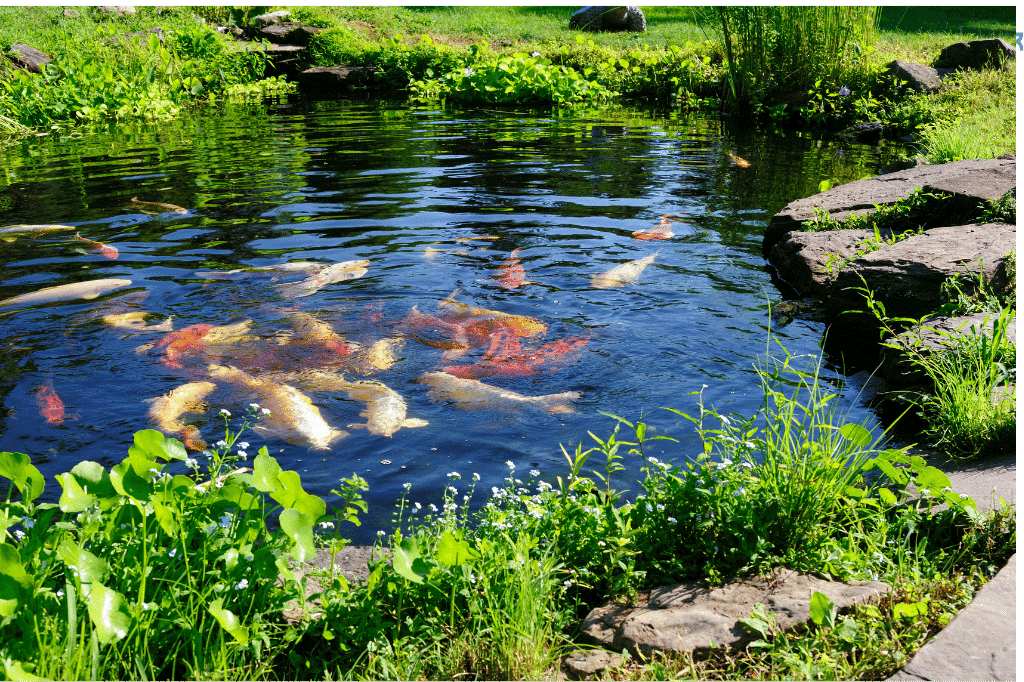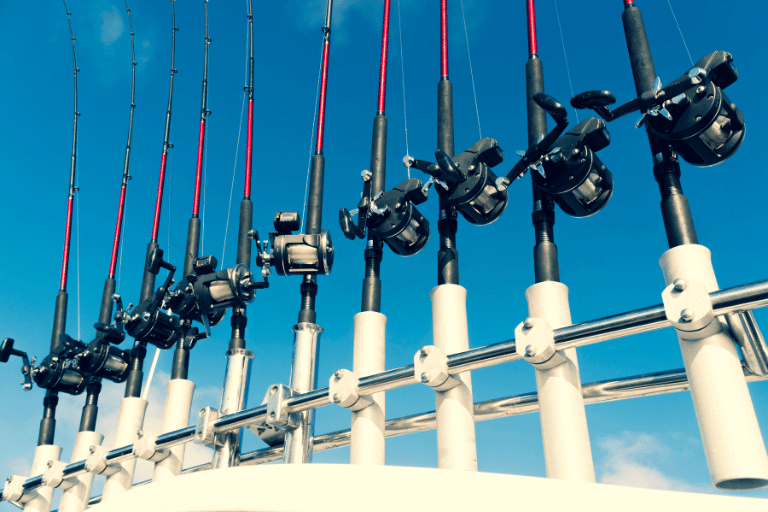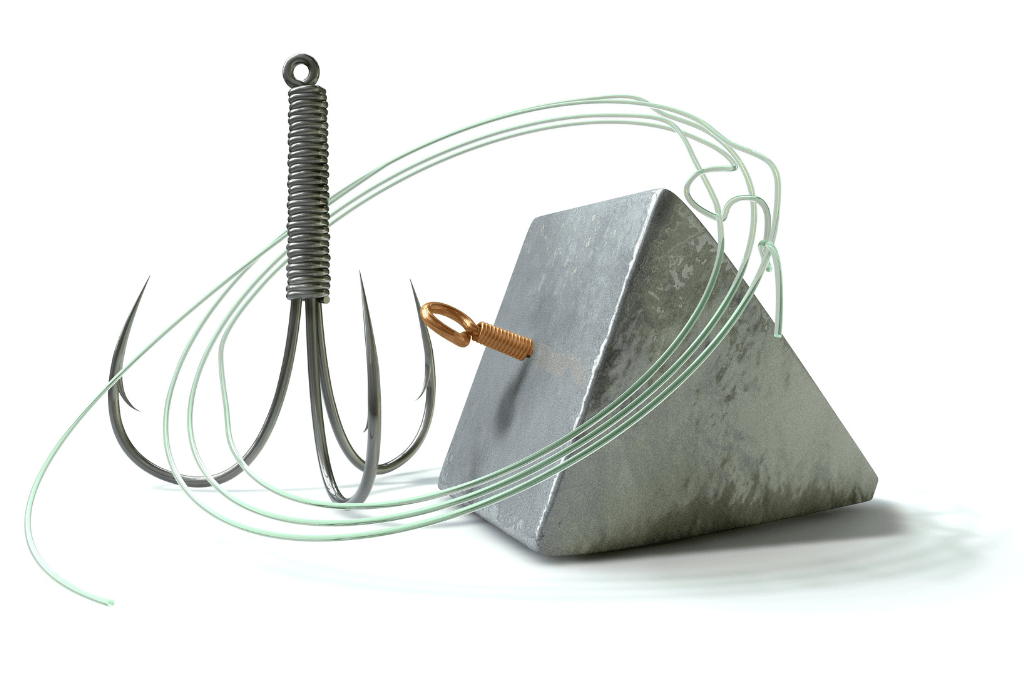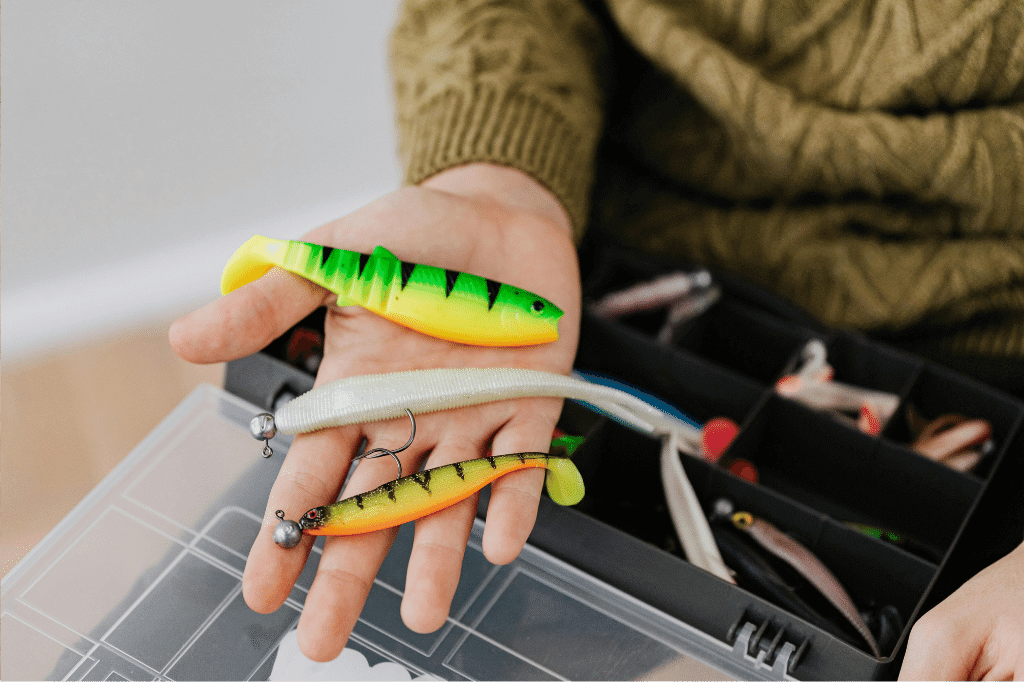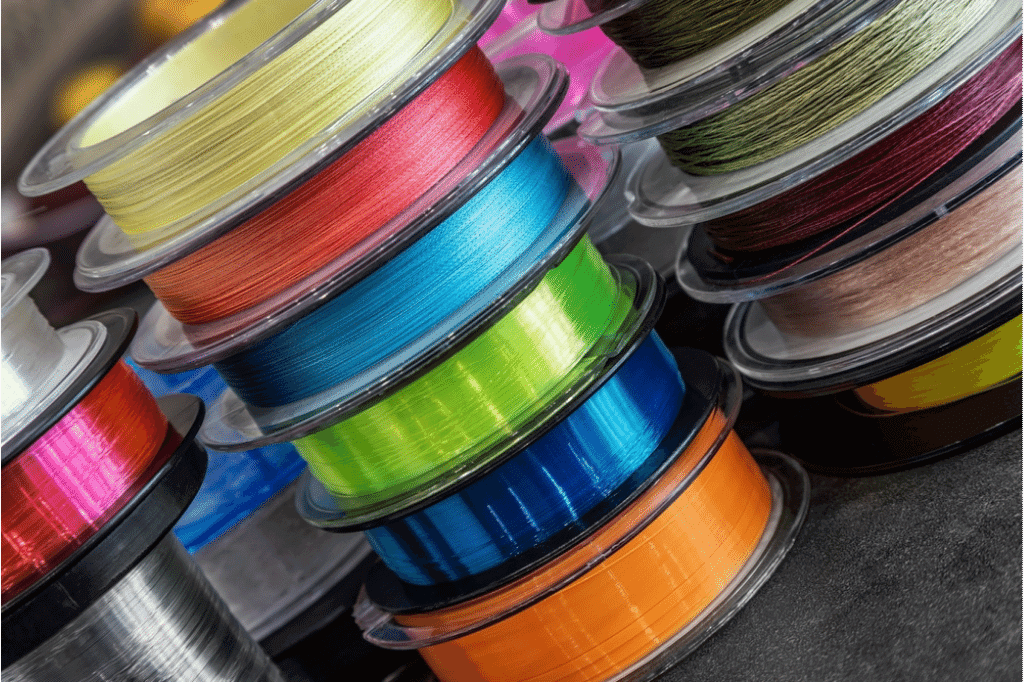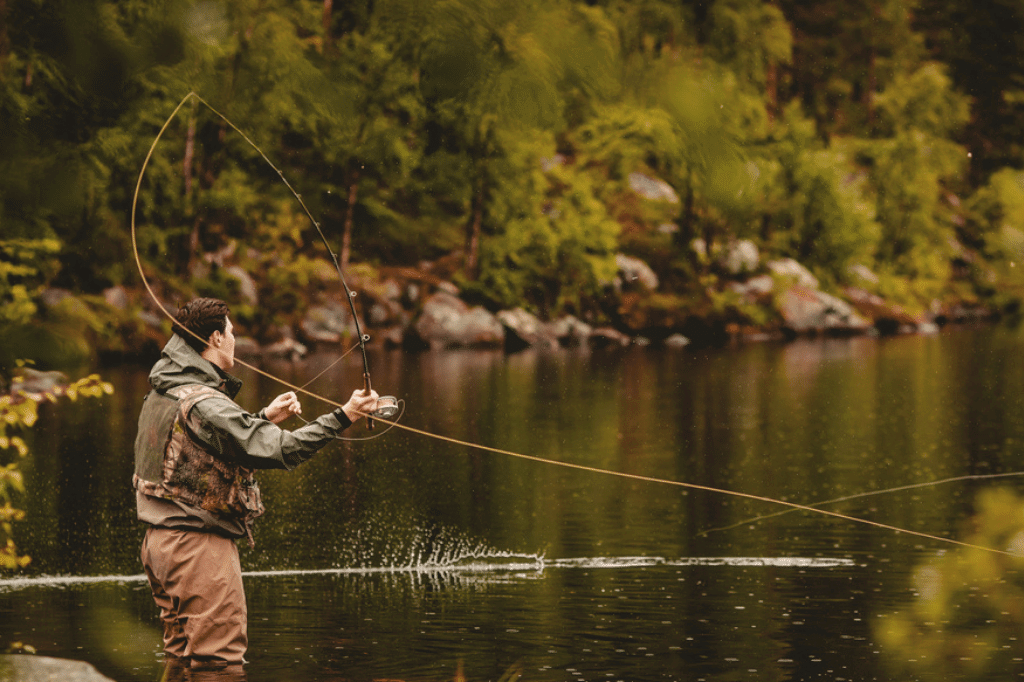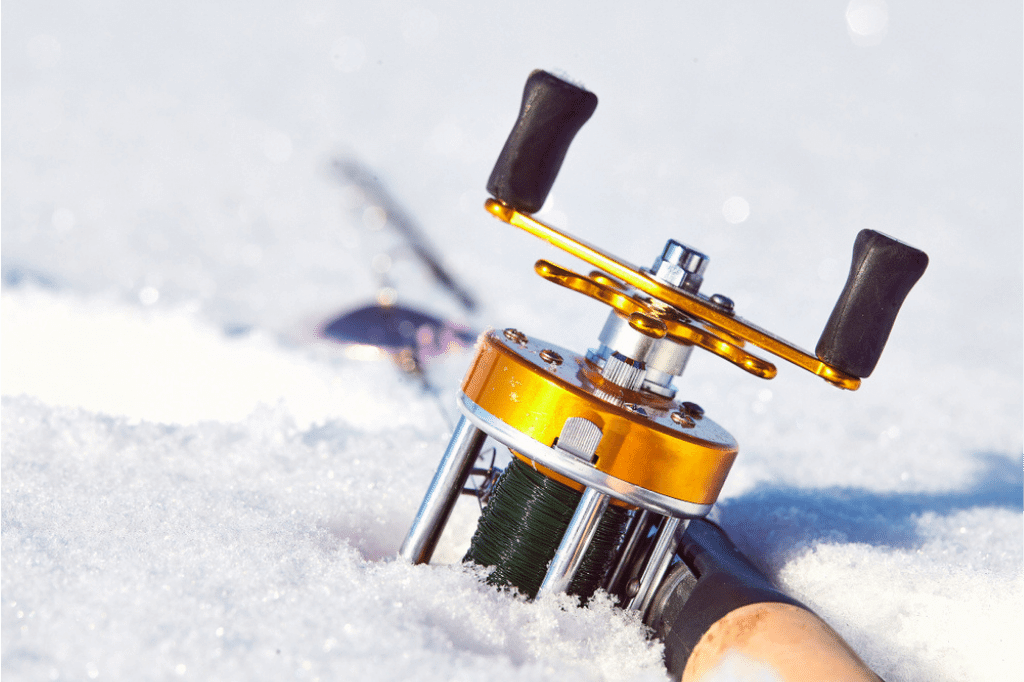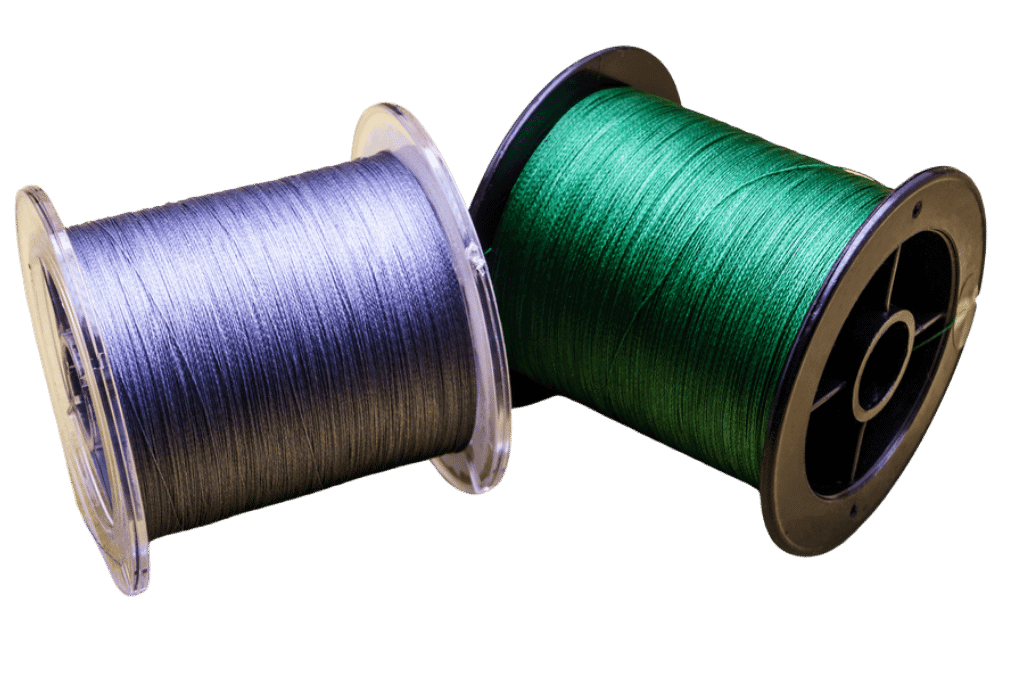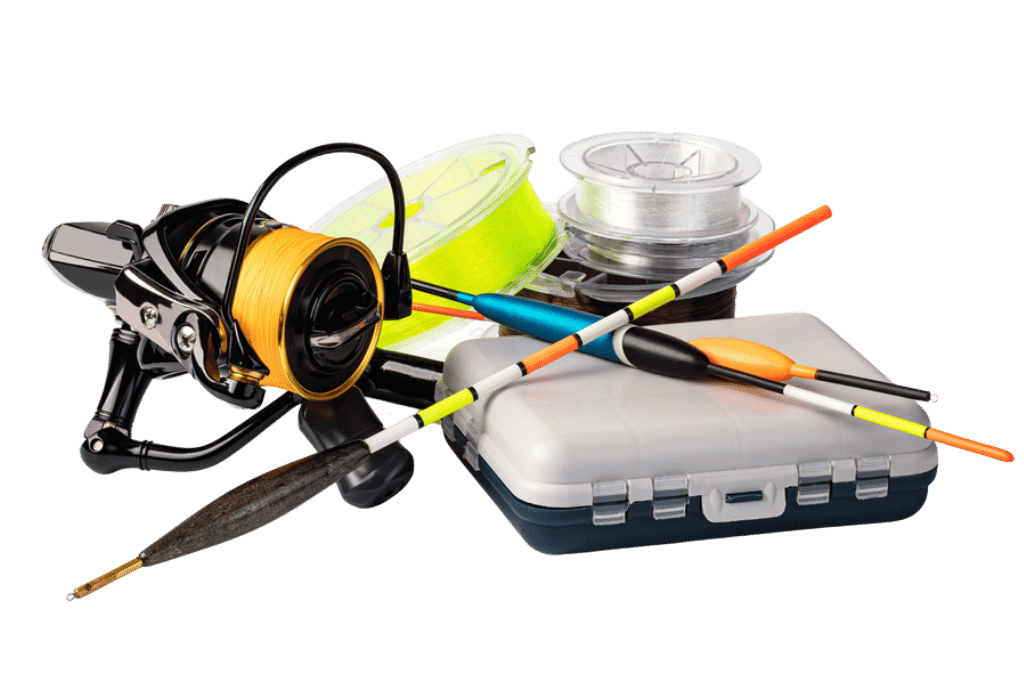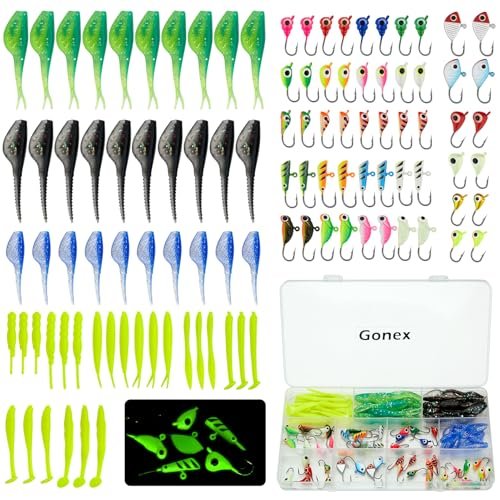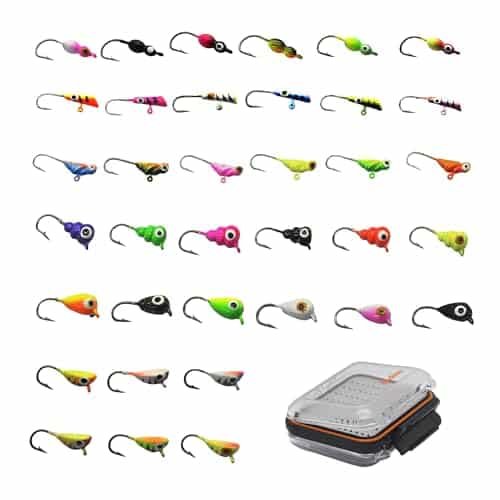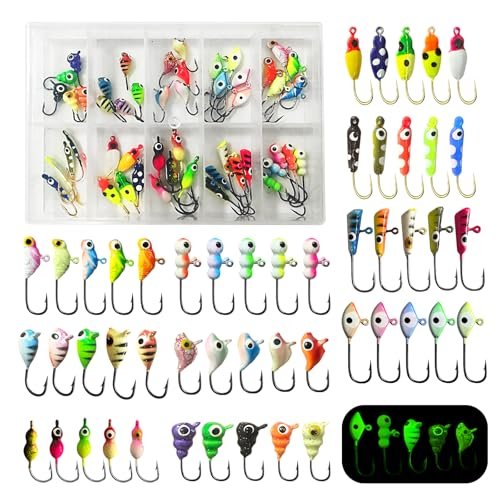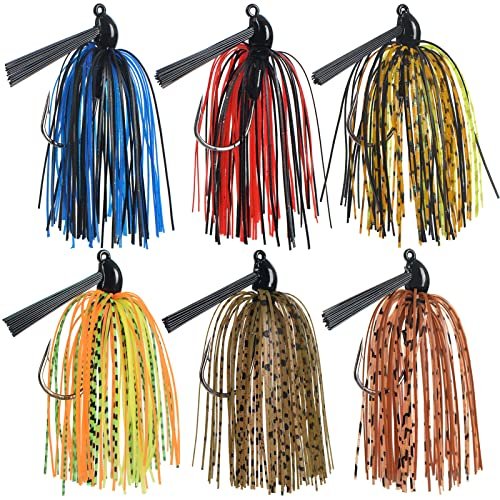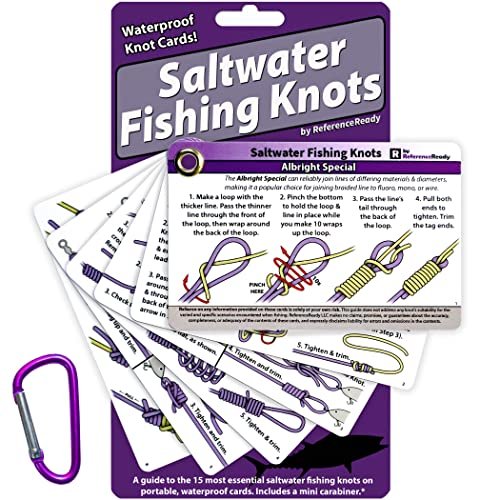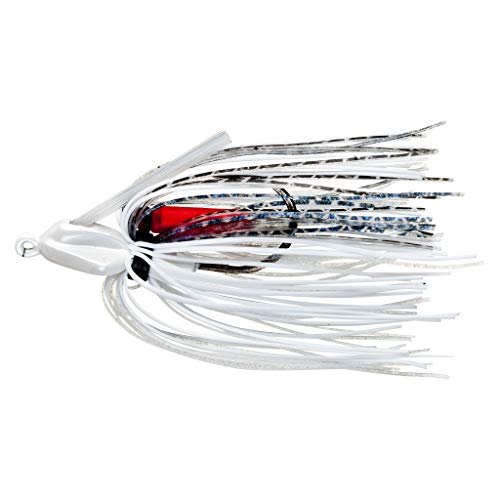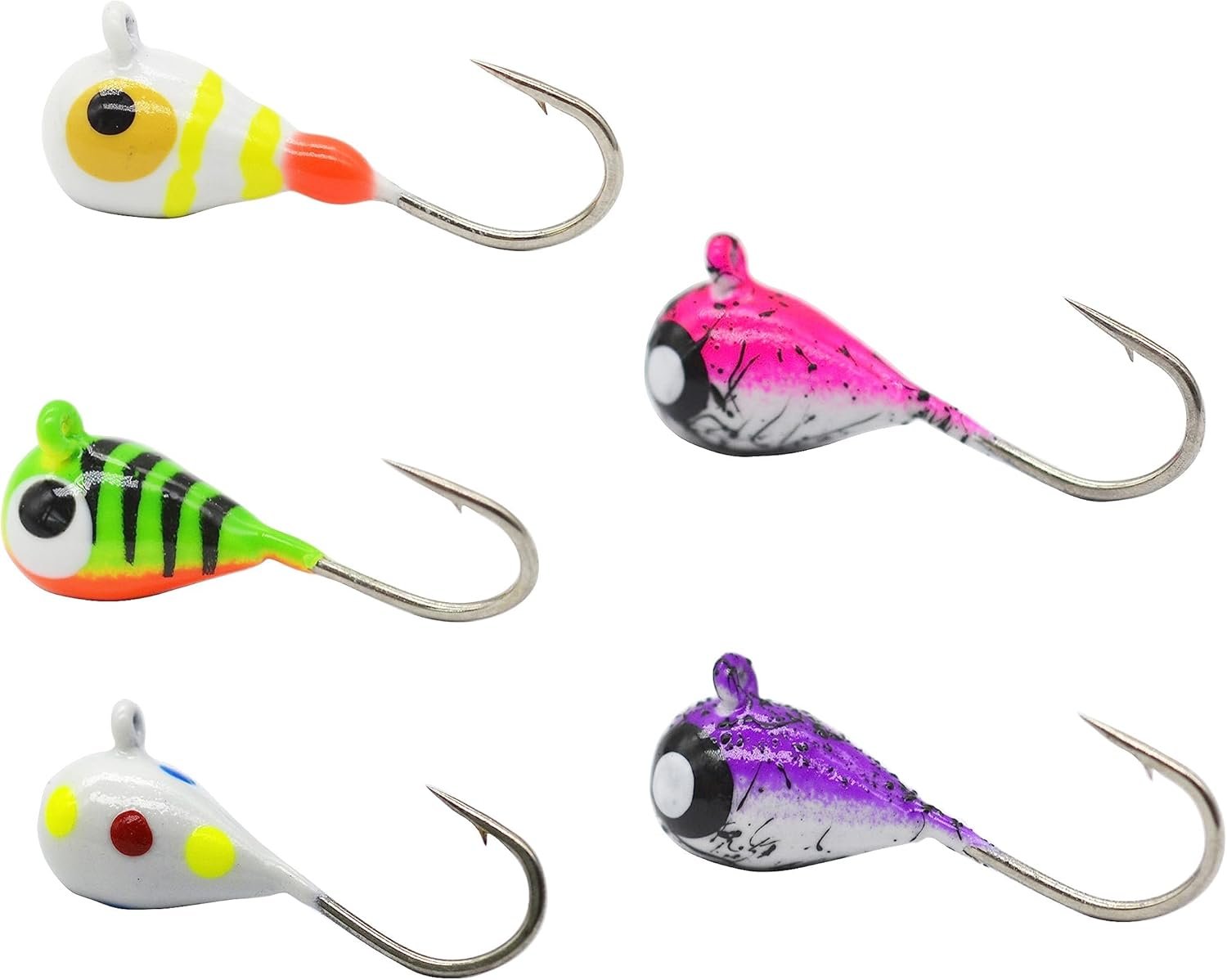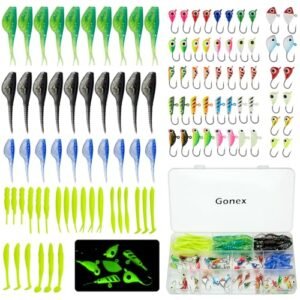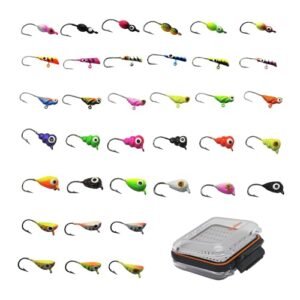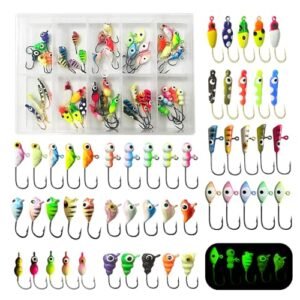Embracing the essence of tranquility, pond fishing serves as an ideal gateway for those looking to immerse themselves in the joy of angling. Nestled away from bustling waterways and vast open lakes, ponds provide a manageable fishing environment with a diverse array of fish species.
It’s an activity suited to all ages, offering a chance to learn fishing basics or refine techniques in a peaceful setting. Beyond the excitement of the catch, pond fishing is also about connecting with nature, breathing in the fresh air, and enjoying a moment of quiet contemplation. This scaled-down version of the fishing world continues to captivate the hearts of anglers, promising simplicity and satisfaction by the water’s edge.
Choosing The Right Pond For Fishing
Consider The Location
Choosing a convenient location means more time fishing, less time traveling.- Accessibility: Easy to reach by foot or vehicle.
- Parking: Safe, close parking optimizes fishing time.
- Safety: Look for well-maintained areas to prevent accidents.
Research Local Regulations
Rules vary by location. Knowing them ensures a hassle-free experience.| Regulation | Description | Check Before You Go |
|---|---|---|
| License Requirements | Most areas need a fishing license. | State wildlife website |
| Bait Restrictions | Some baits might be prohibited. | Local fishing guides |
| Fish Limits | Keep only what’s allowed. | Regulatory signs at the pond |
Essential Gear For Pond Fishing
Fishing Rod And Reel
Selecting the perfect fishing rod and reel plays a pivotal role in your pond fishing success. Go for a light to medium action rod if you’re targeting smaller fish. Fans of larger fish should opt for a medium to heavy rod. The reel should be smooth and easy to handle. A spinning reel is great for beginners, while a baitcaster suits seasoned anglers. Check the following table for a quick overview:| Fish Size | Rod Action | Reel Type | User Level |
|---|---|---|---|
| Small | Light to Medium | Spinning Reel | Beginner |
| Large | Medium to Heavy | Baitcaster | Experienced |
Tackle Box Essentials
Your tackle box is your treasure chest out in the wild waters. It must contain the right mix of gear to tackle any situation. Keep in mind the following must-haves:- Various Hooks: Different sizes for different fish.
- Fishing Line: Spare spools of varying strengths.
- Floats and Sinkers: To manage your bait’s depth.
- Plastic Worms: Especially irresistible to bass.
- Lures: A collection for different conditions.
Understanding Pond Ecosystem
Types Of Fish In Ponds
Identifying the inhabitants is key to mastering pond fishing. Common types of fish found in ponds include:- Bass – Largemouth and smallmouth varieties.
- Panfish – Such as bluegills and sunfish.
- Catfish – Often lurking at the bottom.
- Crappie – Popular among anglers for their taste.
Impact Of Weather Conditions
Weather patterns greatly influence pond ecology and fish activity. Fish respond to changes, consequently affecting their behavior.| Weather Condition | Impact on Fish |
|---|---|
| Warm Weather | Fish are more active, feeding near the surface. |
| Cold Weather | Fish become sluggish, seeking deeper waters. |
| Rain | Can lead to increased feeding due to stirred waters. |
| Barometric Pressure Changes | May cause fish to become more or less active. |
Best Techniques For Pond Fishing
Casting In Tight Spaces
Ponds often have overhanging trees and dense brush. That’s where precision casting comes in. For successful casting:- Stand with a clear line of sight to your target.
- Use a shorter rod to maneuver easily.
- Master the sidearm cast to avoid tangles.
- Practicing roll casts can also keep your lure free from snags.
Using Natural Baits
Natural baits are often best when pond fishing. Fish in smaller bodies of water rely heavily on their natural diet. To maximize your catch rate:| Bait Type | Target Fish | Tips |
|---|---|---|
| Worms | Bass, Sunfish | Wiggle the bait to mimic natural movement. |
| Insects | Trout, Panfish | Use smaller hooks for a natural presentation. |
| Minnows | Pike, Catfish | Keep the minnows lively for best results. |
Pond Fishing Etiquette
Respecting Private Property
Many ponds are on private land, so always seek permission before you cast a line. Here’s what you should do:- Ask for entry in a polite manner.
- Follow the owner’s guidelines.
- Do not trespass if you’re unsure about the property status.
Keeping The Pond Clean
A clean environment is essential for fish health and the enjoyment of all anglers. Remember these points:- Carry a trash bag to take your garbage with you.
- Properly dispose of fishing line to protect wildlife.
- Leave the spot cleaner than you found it.
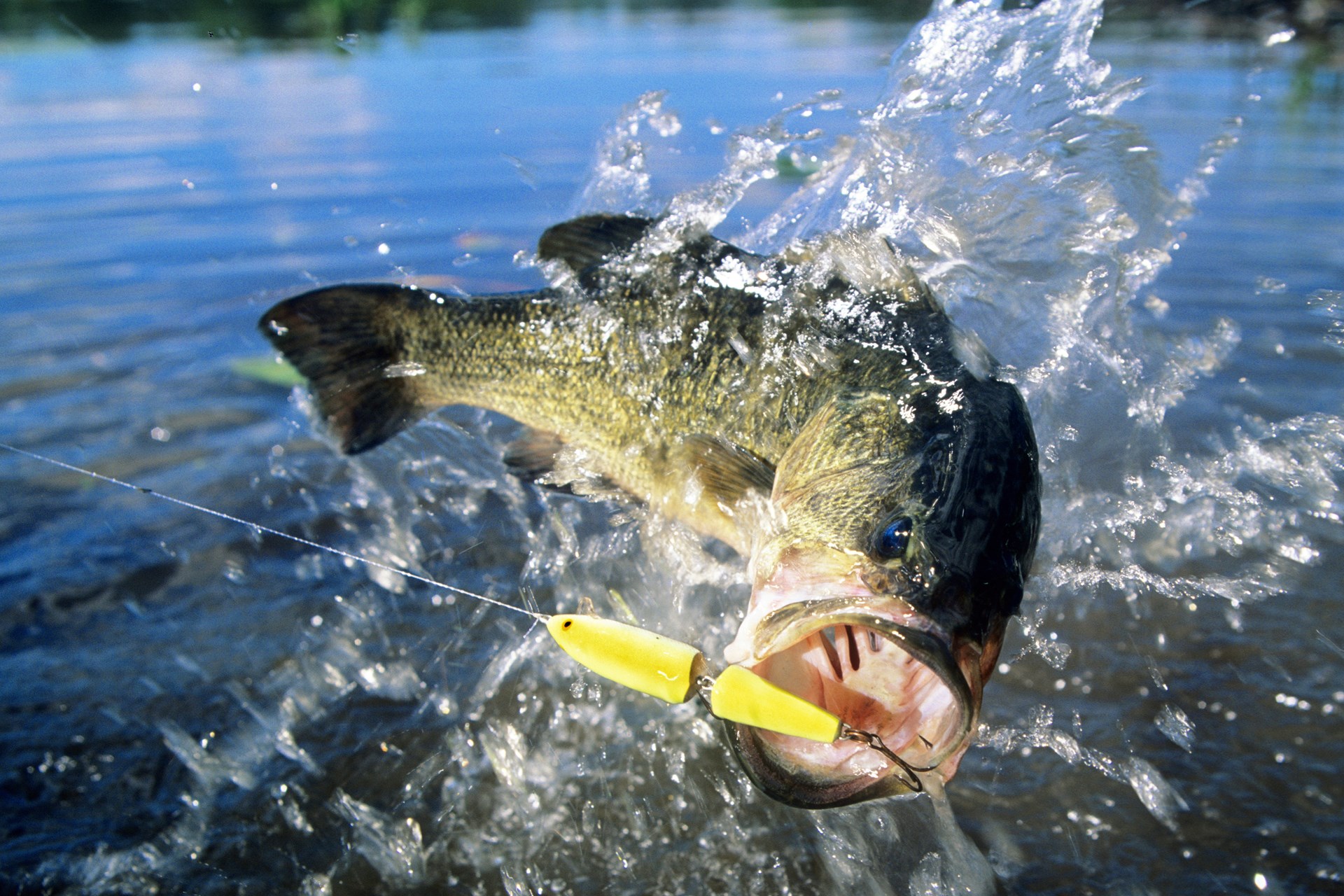
Credit: koa.com
Safety Precautions For Pond Fishing
Checking For Hazards
Before you settle by the pond, take a moment to inspect your fishing spot for dangers. Always look for:- Unstable ground that could cause slips or falls.
- Overhanging branches which might snag your line or break.
- Signs warning of deep water or sudden drop-offs.
- Presence of poisonous plants or animals near the water edge.
Preventing Hook Injuries
Hooks are sharp and can cause serious injuries. To prevent hook-related accidents, follow these tips:- Use a hook cover when your rod is not in use.
- Never swing your rod with the hook exposed near others.
- Learn the proper way to remove a hook from a fish or your skin.
- Store unused hooks and tackle in a secure container.
Seasonal Considerations For Pond Fishing
Summer Pond Fishing Tips
Summer brings warm waters and active fish, but it also means more competition from other anglers and natural predators. Below are some tips to boost your summer catches:- Target early mornings and late evenings, when fish are most active.
- Look for shaded areas, like under trees or near structures, where fish might seek refuge from the heat.
- Use lighter tackle; fish can be more line-shy in the clear summer water.
- Opt for topwater lures early and late in the day when fish are looking to feed on the surface.
Winter Pond Fishing Tips
In colder months, pond fishing can be a serene experience. Fish get sluggish with the dropping temperatures, so your approach should be strategic:- Slow down your retrieve; cold water makes fish lethargic and less likely to chase fast-moving baits.
- Focus on midday fishing when the water is at its warmest.
- Downsize your baits; smaller offerings can be more appealing to fish with a slower metabolism.
- Seek out deeper waters where fish often retreat during winter months.
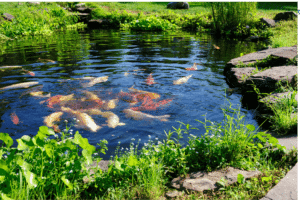
Benefits Of Pond Fishing
Relaxation And Stress Relief
Pond fishing stands as a serene haven for relaxation. The subtle whispers of nature, combined with the gentle lapping of water, provide a powerful counterforce to life’s hustle and bustle. As your lure drifts on the water’s surface, the simple rhythm of casting and reeling offers a meditative quality that can lower stress levels and enhance mental clarity.- Decreases cortisol, the stress hormone
- Promotes mindfulness and presence
- Reinforces patience and focus
Accessible To All Ages
Pond fishing is uniquely inclusive, genuinely offering something for everyone. From eager youngsters with their first rod to seasoned anglers, ponds are ideal for learning and perfecting the art of fishing.| Age Group | Benefit |
|---|---|
| Kids & Teens | Develops new skills and hobbies |
| Adults | Provides escape from daily routine |
| Seniors | Encourages gentle physical activity |
- Offers a safe and controlled environment
- Family-friendly activity that strengthens bonds
- No experience required; perfect for beginners

Frequently Asked Questions On Pond Fishing
What Is The Best Bait For Pond Fish?
The best bait for pond fish typically includes worms, corn, bread, or specially formulated fish pellets, depending on the fish species present.
What Is The Easiest Way To Catch Fish In A Pond?
The easiest way to catch fish in a pond is by using live bait and a simple bobber setup. Cast near structures like logs or vegetation where fish may hide. Ensure your technique matches the fish species you’re targeting for the best results.
What Are The Best Times To Fish A Pond?
The best times to fish a pond are early morning and late afternoon. Fish are most active during cooler, low-light conditions. Aim for the hours around dawn and dusk for optimal results.
Where Is The Best Place To Catch Fish In A Pond?
The best place to catch fish in a pond is often near structures like submerged logs, weed beds, or near aeration systems where fish seek food and shelter.
Conclusion
Embracing the serenity of a freshwater haven, pond fishing offers an intimate angling experience. It’s a chance to refine skills, relish nature’s subtleties, and maybe even land the catch of a lifetime. So grab your gear, and let peaceful waters yield unforgettable memories.
Until your line next dances upon the surface, may every cast bring you closer to the heart of pond fishing’s timeless allure.
